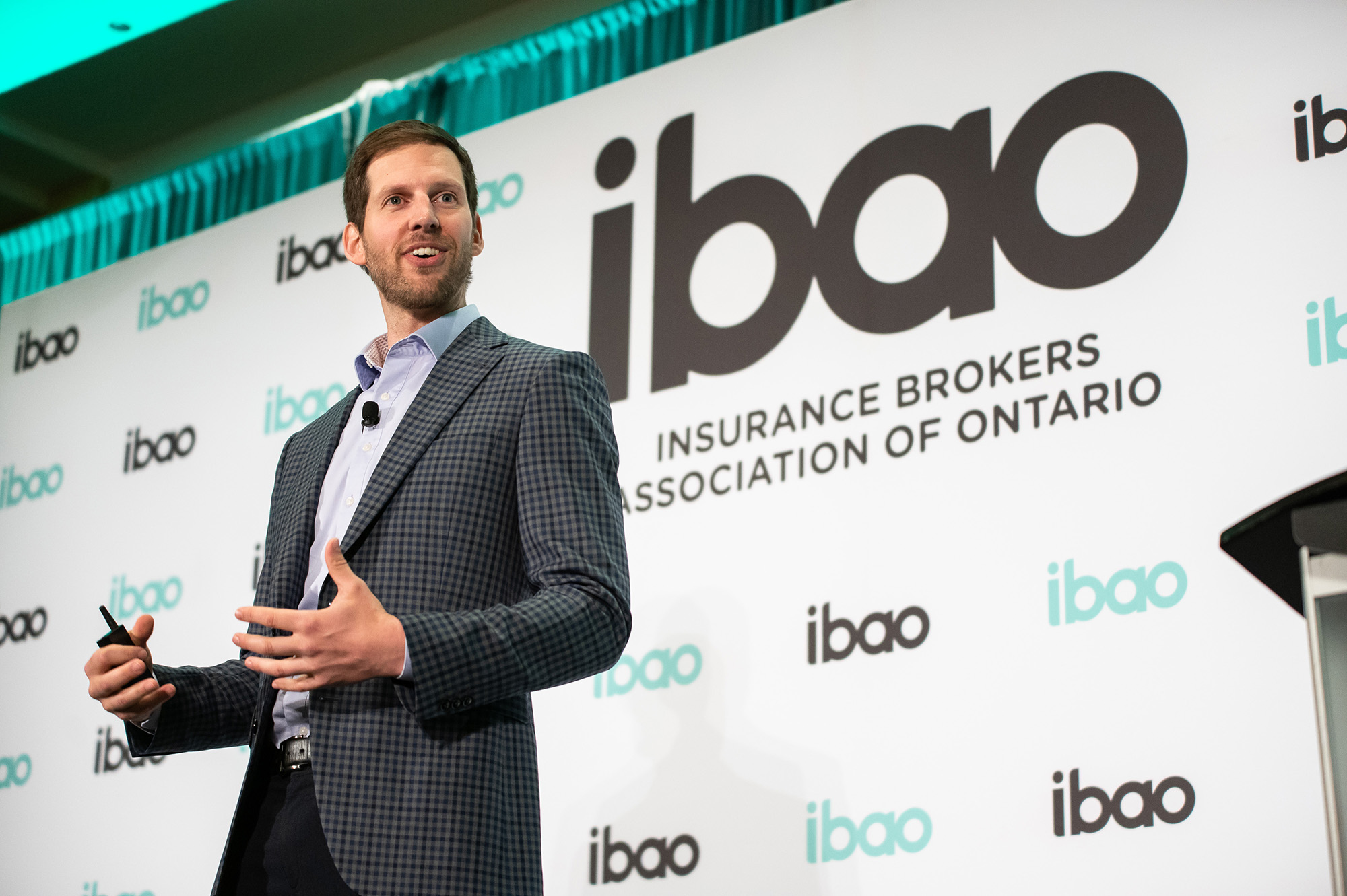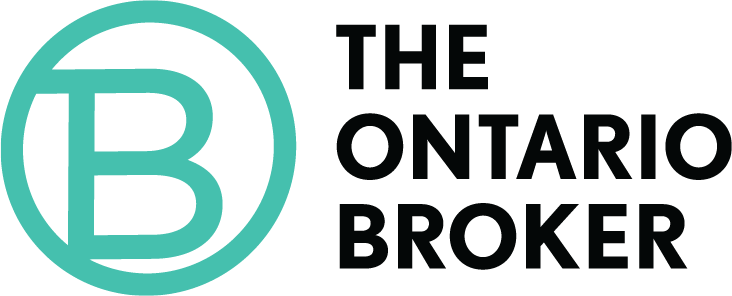
Jeremiah Brown, Olympian, Author & Speaker
When I was a newcomer to rowing, I joined the defending Olympic championship team. The group was reeling from a poor showing at the 2010 World Championship Men’s Eight Crew event, which caused this high-performing team to face new challenges. They were in a moment of transformation and disagreement. They were also challenging themselves to maintain their high standards of execution. Joining the team at this time gave me an opportunity to observe the culture before becoming immersed in it. It also allowed me to me learn many personal and team-growth lessons.
Keep Working Hard While Working it Out
When there is disagreement within a team, it’s important to maintain some basic consistency of output—even before the issues are resolved. In our case, there were questions about our head coach’s suitability for the job, fairness and transparency in athlete selection for boats, and distribution of resources to the various training groups that made up the national team. This meant having to stomach some incongruence between what we wanted as individuals versus what was actually happening in the training environment. Instead of getting our way in the moment, we had to have faith that we were working toward a future that had a future.
Change and transformation in a team environment is an opportunity for you to demonstrate personal leadership through action. I wrestled constantly with my coach’s approach to training and racing, but I made a promise to myself that I would commit 100% to his program for at least one full year. Even though I doubted our coach at times, I knew that I had little chance to realize my potential without committing fully to a specific strategy and plan. That meant my personal uncertainty was secondary to the primary principle of committed execution of a plan, even if it wasn’t my plan.
In a high-performance team, the people with the problems should become the people with the solutions. If you’re a leader experiencing push back on a decision, consider this next approach. During a world cup event in Switzerland, our coach struggled to convince us that our stroke rate needed to be higher to compete with the best crews. We didn’t buy it. Our coach allowed us to try our desired stroke rate during the next race, and the result was abysmal. We learned our lesson. In the post-race meeting, we all said, Mike, we think we need to increase our stroke rate. The people with the problem quickly became the people with the solution.
Knowing the Score
I was asked after a recent keynote, How do you know when you have enough rapport with a teammate to ask them to go beyond expectations to help you? My answer was that every relationship you have—whether at work or on a sports team—has its own bucket of relationship capital that you’re gradually filling through repeated cycles of give and take. Our coach used to call this knowing the score.
It’s our responsibility to know how much credibility we’ve developed with our teammates and to not over-leverage the relationship. When we lost our first heat at the Olympics, I remember my teammates and I looking into each other’s eyes for an answer to the question, are you with me? By then, we had gone through hundreds of hours of grueling training together and had forged such trust and belief in one another that we knew we could expect total commitment. We knew that we would deliver for each other under the greatest pressure of our lives.
Stick with It
Personal growth for me has always been about staying open to finding out what something—some job, experience, life goal—is really like, and then actively recommitting to the new reality as it unfolds. Whatever your pursuit, it ends up being different from what you imagine it’s going to be. Consider making your commitment to an appropriate time horizon stronger than your commitment to the goal itself. Say, I’m going to stay with this for X years, no matter how I’m feeling moment to moment. While this may seem overly simplistic, it keeps your mind connected to an appropriate timeline within which real growth and transformation can occur.
